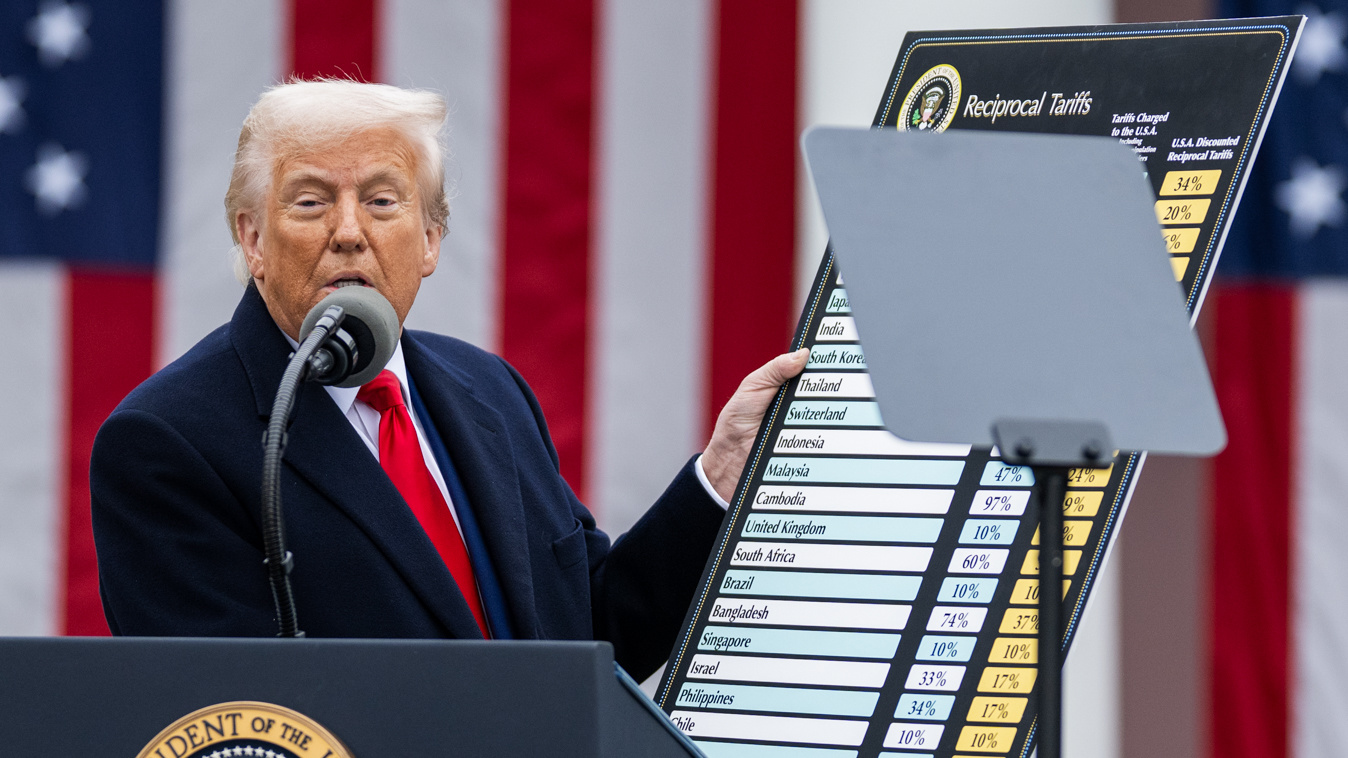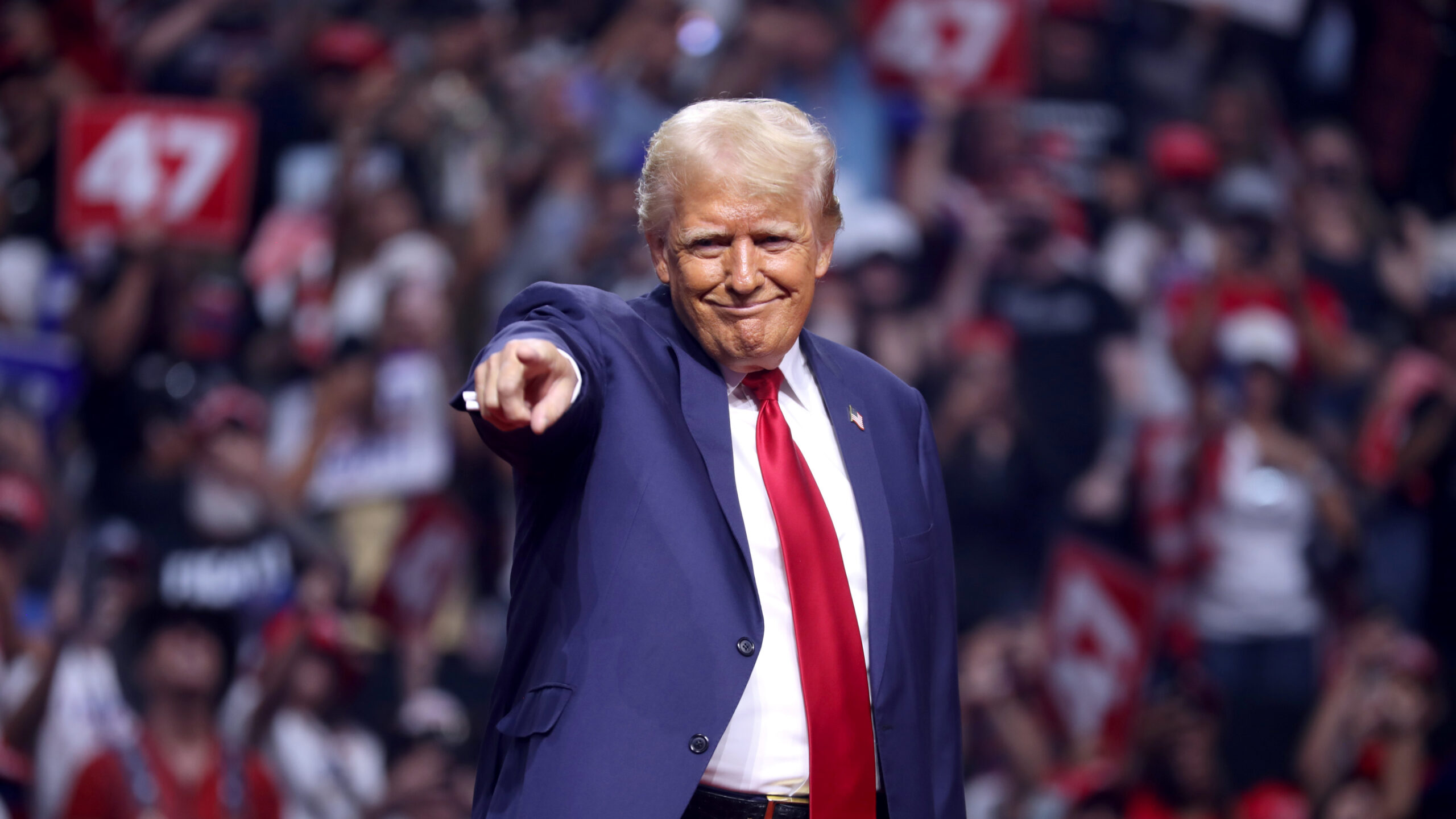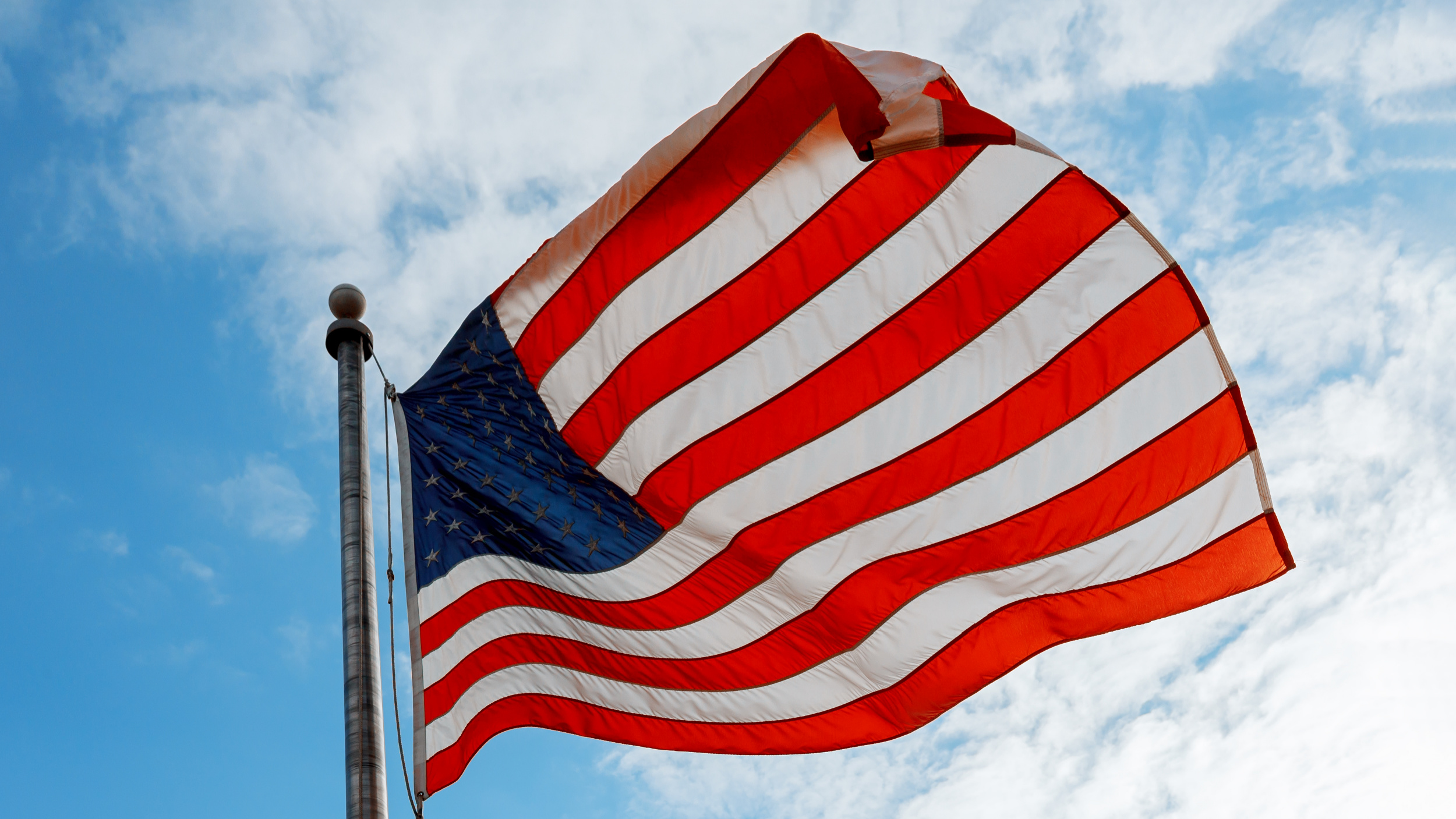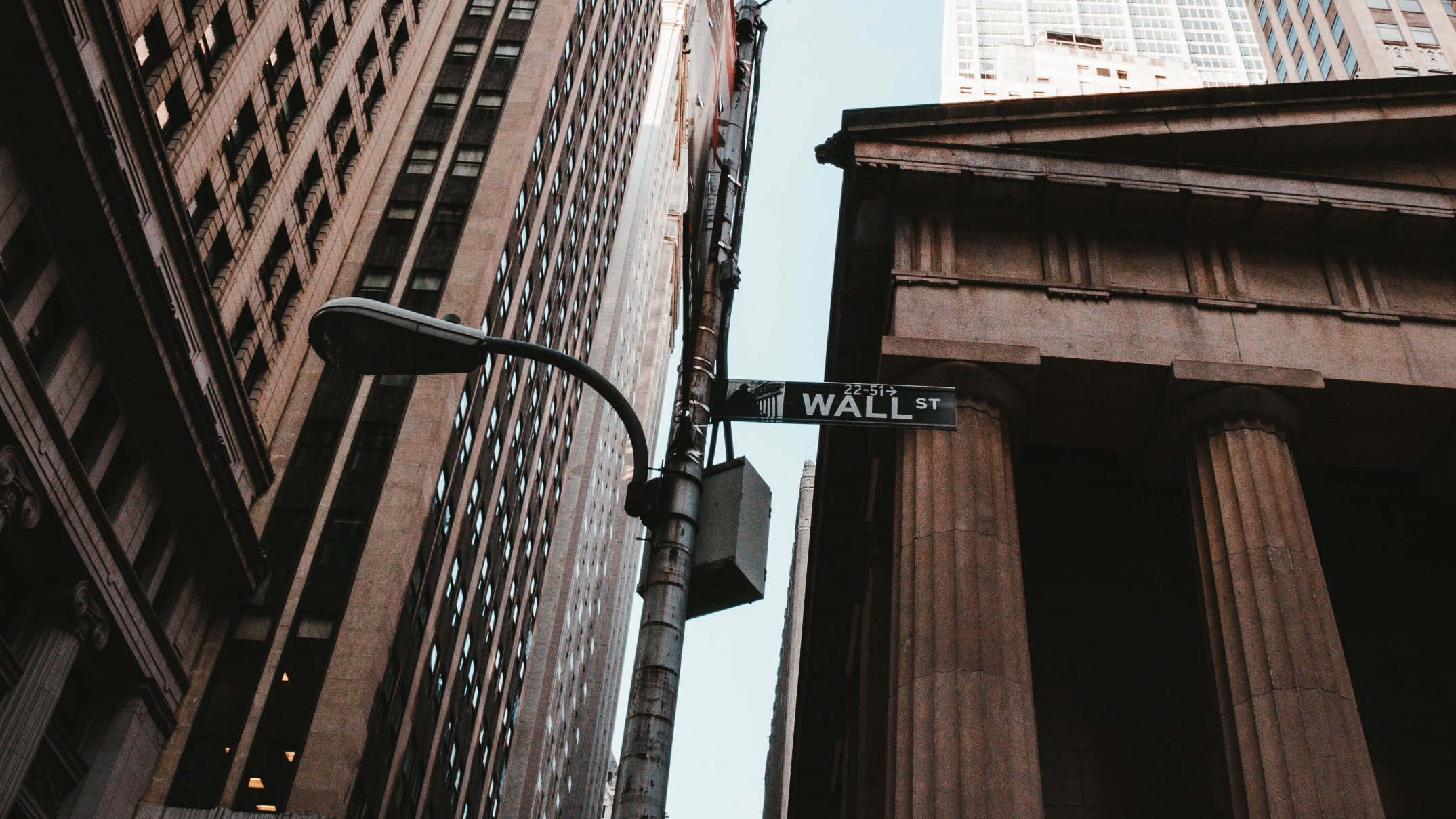Foxconn, the Taiwanese electronics supplier for Apple and other tech giants, said Wednesday it would open its first major American factory in Wisconsin, a boost both for the battleground state’s economy and the Trump administration’s efforts to bolster domestic manufacturing.
[ NELSON D. SCHWARTZ and VINDU GOEL | July 26, 2017 |New York Times]
White House officials noted President Trump’s direct negotiations with Foxconn for the project, which they said would create at least 3,000 jobs and represent a $10 billion investment.
Mr. Trump joined Foxconn’s chairman, Terry Gou, at the White House for an announcement on Wednesday, with two Wisconsin Republicans, Gov. Scott Walker and Paul D. Ryan, the House speaker, in attendance.
The new factory, which would produce flat-panel display screens for televisions and other consumer electronics, could raise Wisconsin’s profile in advanced manufacturing. Older industrial firms in the state, like Harley-Davidson in Milwaukee, have struggled recently, with the motorcycle maker saying last week that it planned to lay off 180 workers.
“TV was invented in America,” Mr. Gou said at the White House, before noting that products like LCD displays and similar technology were no longer made here. “We are going to change that. It starts today in Wisconsin.”
The company did not identify exactly where the plant would be built but said it would be in Mr. Ryan’s district in southeastern Wisconsin. Mr. Walker said that Foxconn would receive $3 billion in tax breaks and other subsidies over the next 15 years from the state.
Like Mr. Trump’s visits to a Carrier factory in Indianapolis in December and Snap-on’s tool plant in Kenosha, Wis. in April, the White House event on Wednesday was as much a campaign-style rally as an economic announcement.
“This is a great day today for American manufacturing and American workers and for everybody who believes in the concept, in the label, Made in the U.S.A.,” he said. Mr. Gou, Mr. Trump said, “joins a growing list of industry leaders who understand America’s capabilities are limitless.”
“I’d see Terry and say, ‘You’ve got to give us one of these massive places,’” Mr. Trump said. “If I didn’t get elected, he definitely wouldn’t be spending $10 billion.”
Mr. Trump hailed the Foxconn project as the latest sign that his efforts to promote advanced manufacturing in this country were succeeding.
In February, Brian Krzanich, Intel’s chief executive, joined Mr. Trump at the White House to announce that the company would invest $7 billion to finish a computer-chip factory in Arizona and add 3,000 jobs.
And Mr. Trump said Tuesday that Apple had promised to build three large plants in the United States. The company, which owns only one factory anywhere, declined to comment on whether such promises had been made.
Most of Apple’s iPhones are built by Foxconn in China, and Apple has said in the past that it would be very difficult to move that work to the United States.
Mr. Gou said in January that Foxconn, the world’s largest contract electronics manufacturer, was considering investing more than $7 billion in the United States, and potentially adding 30,000 to 50,000 jobs.
Foxconn’s announcement could yield significant political benefits for the company and for the White House. Although based in Taiwan, much of the company’s production is done in China, and Mr. Trump has singled out Beijing’s trade practices for attacks.
Mr. Walker said Foxconn’s investment could indirectly result in an additional 22,000 new jobs, with its planned 20-million-square-foot complex occupying a footprint three times the size of the Pentagon.
Even if the project did ultimately produce 25,000 new jobs, it would be a tiny fraction of the total number of jobs the United States economy has added during the most recent recovery. In the first half of 2017, for instance, the economy added a monthly average of 180,000 jobs; the manufacturing sector alone gained 41,000 jobs overall in that six-month period.
Wisconsin was among the states in the Midwest that helped tip the election to Mr. Trump in November. At 3.1 percent, its unemployment rate is well below the national average of 4.4 percent, but the loss of relatively high-paying, blue-collar jobs has taken a toll in many parts of the state.
Both Mr. Ryan and Mr. Walker are influential national figures in the Republican party, adding to Wisconsin’s appeal for Foxconn.
Known formally as Hon Hai Precision Industry Co., Foxconn is the world’s largest contract electronics manufacturer. It has promised to invest in the United States before, most notably a $30 million, 500-worker plant in Pennsylvania that was never built.
That history left some experts skeptical of the company’s latest commitment, and of the White House’s eagerness to claim credit for a major economic victory.
“I’ll be excited about the Foxconn announcement when workers are getting paychecks in Wisconsin,” said Scott Paul, president of the Alliance for American Manufacturing, a nonprofit partnership of domestic manufacturers and the United Steelworkers union. “Foxconn has a history of talking big and not necessarily delivering on their commitments.”
Still, Mr. Paul said, “I do hope this is built and there are tons of jobs.” He noted that makers of consumer electronics long ago left the United States for Asia, even as factories making heavy goods like cars, jet engines and steel managed to hang on in this country.
“Over and over, we’ve heard the excuse that consumer electronics can’t be brought back,” Mr. Paul said. “I do hope this succeeds because it shows these sourcing decisions are more about choices than capabilities. There’s very little electronic display production in the United States now.”
Andy Tsay, a business professor at Santa Clara University who has studied where companies build factories, said that a new Foxconn plant could make sense given the products it will be making.
“A flat-panel display is not a small thing, with today’s TVs; it’s certainly not inexpensive to ship,” he said. “Building close to where the customers are makes sense for a product like that.”
Mr. Gou has been opportunistic about opening factories to meet the broader aims of his business.
Professor Tsay said that when Foxconn won its first order to make desktop computer chassis for Dell, the computer maker insisted that production occur in the United States. So Mr. Gou bought a company in Kansas City to do it.
Although the right combination of factors can make manufacturing feasible anywhere, Mr. Tsay said he doubted Apple planned to build factories in the United States, as Mr. Trump suggested this week, unless it decided to build a large product such as a car.
Because of an editing error, an earlier version of this article misstated the number of jobs the economy added per month in the first half of 2017. It was an average of 180,000, not 80,000 jobs.












